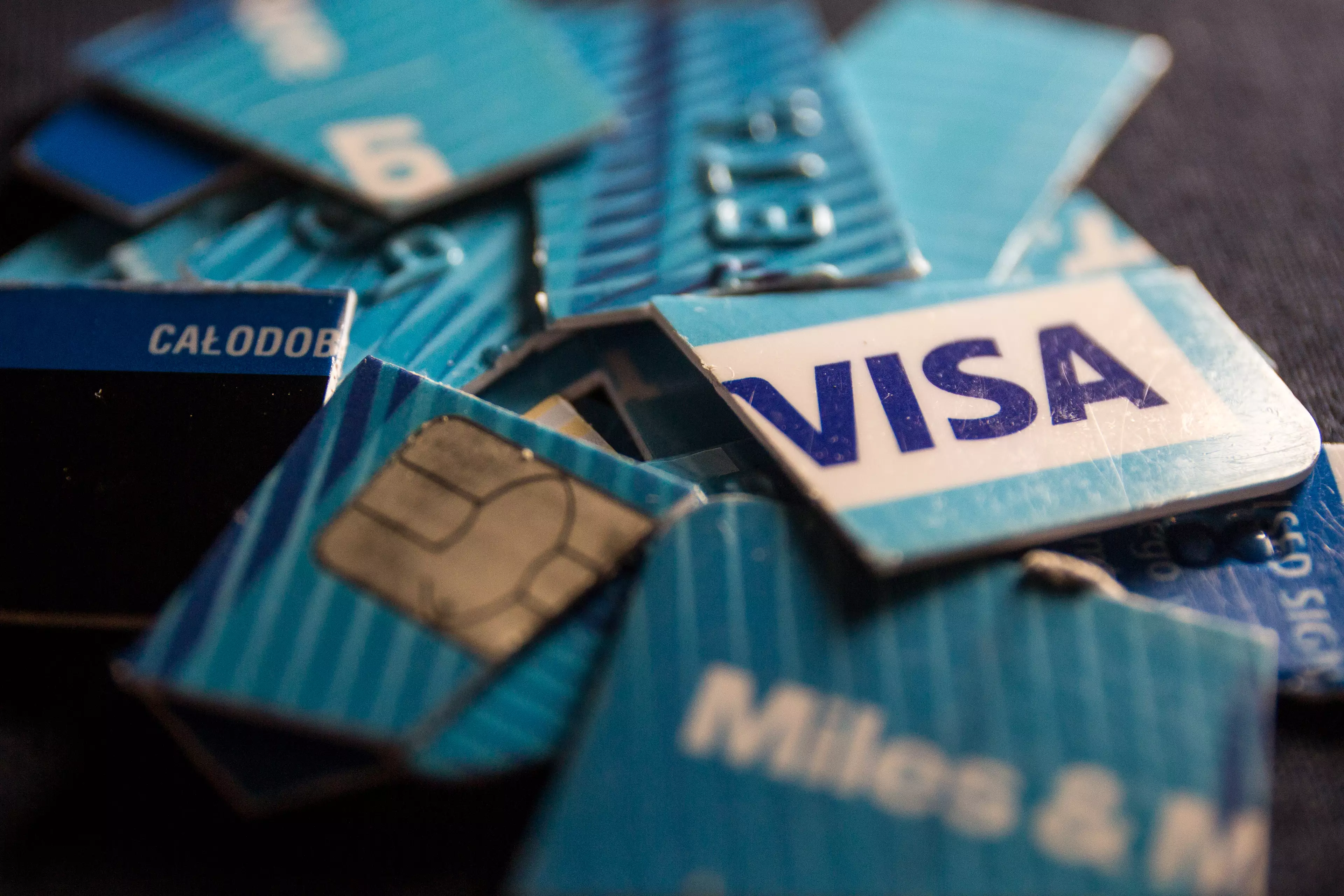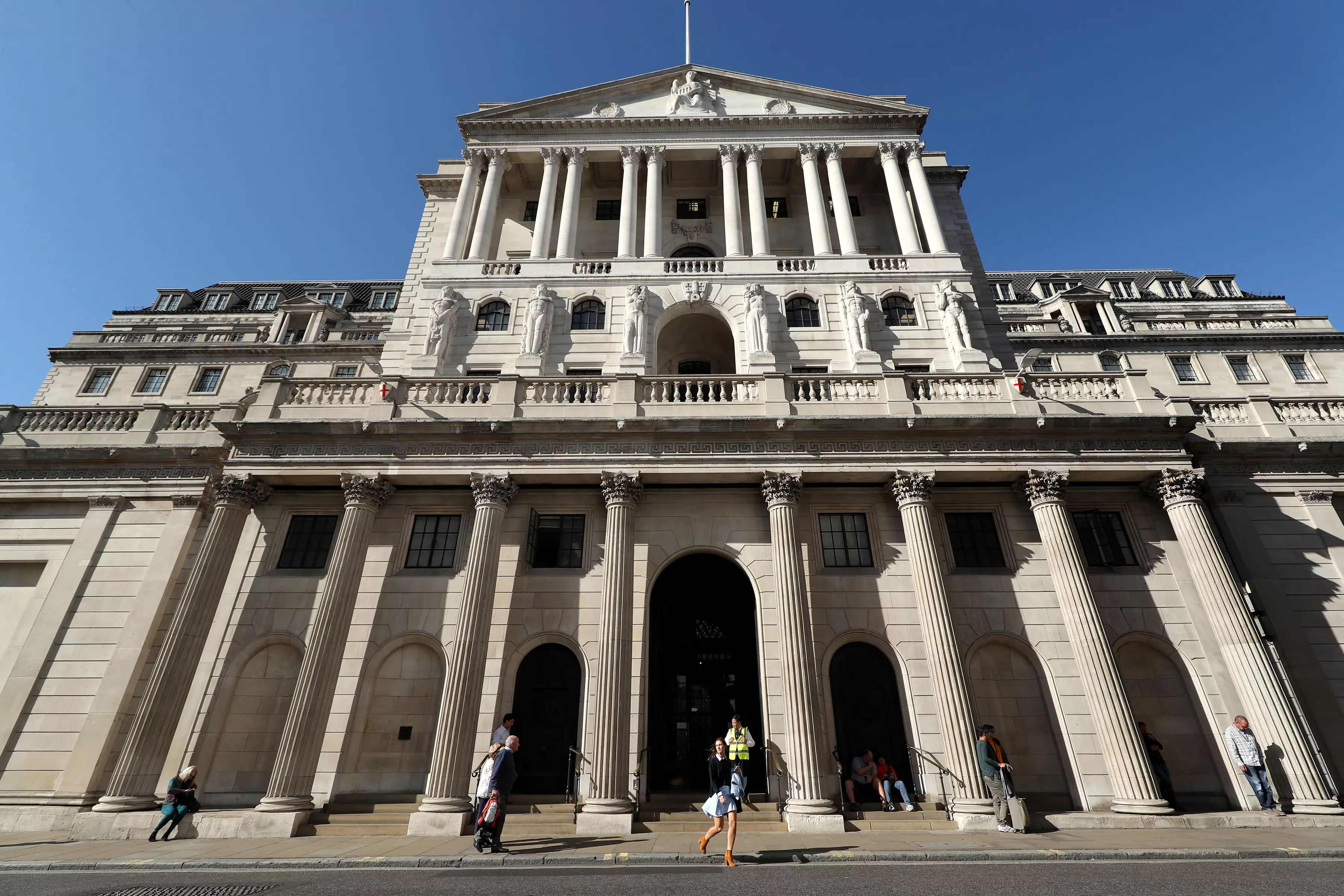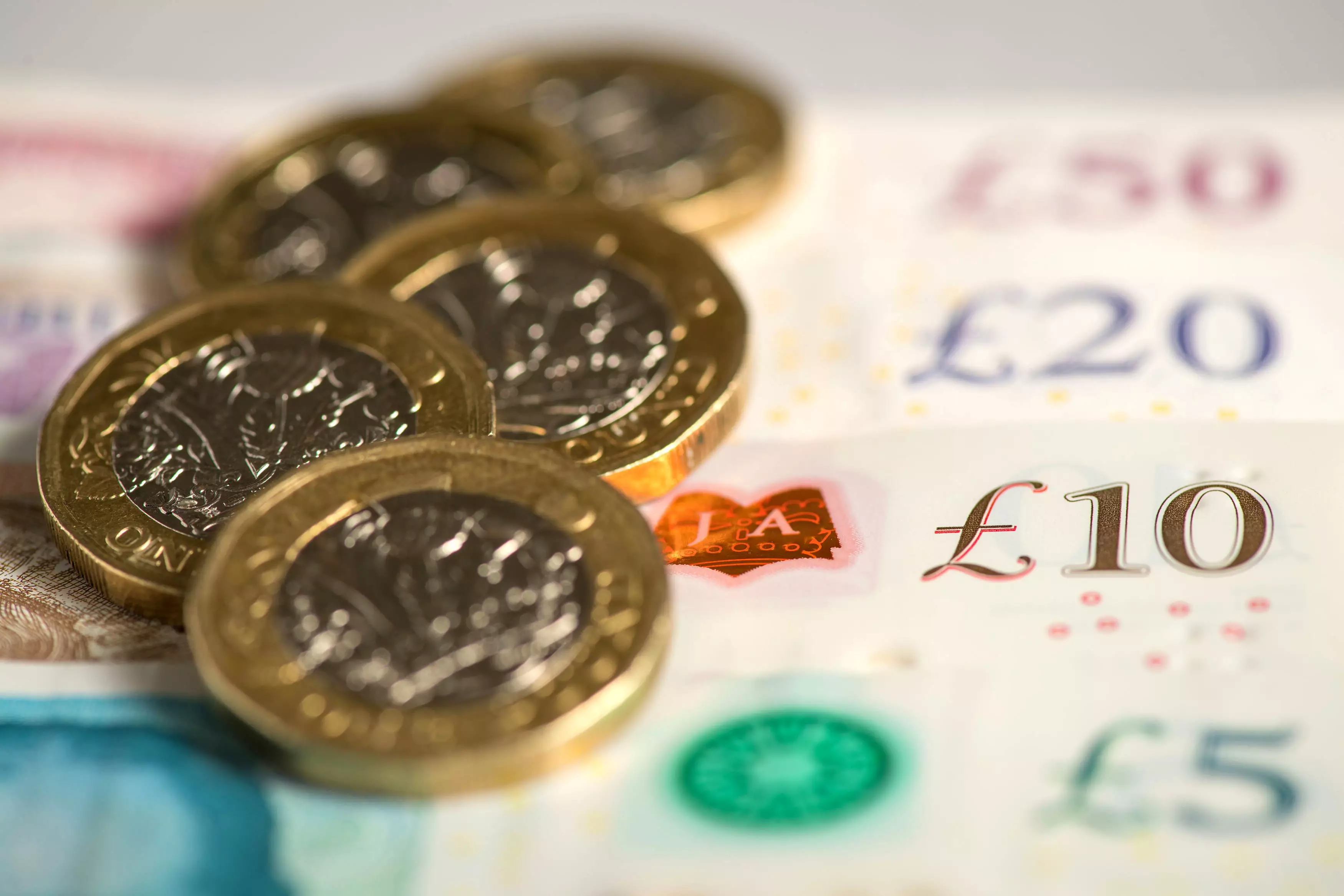
While lockdown has been a financially difficult time for millions of people, with furloughed workers, redundancies and job uncertainty - it's also seen record amounts of debt being paid off and a boost in how much cash some people have stashed away in savings.
Brits paid off an incredible £7.4 billion ($10bn) in credit card and other consumer debts during the first lockdown - with figures from Experian showing people paid off an average of £2,000 ($2,700) each during March, April and May 2020.
While new figures from the Bank of England show that a whopping £18.5 billion was put into savings accounts in January, nearly four times as much as the same month in previous years.
Working from home has meant many people saved cash on commuting, coffees and lunch on-the-go, while a ban on going out, holidays, gigs, festivals - in fact, pretty much anything fun at all - all meant many people found themselves with extra money at the end of the month.
Others used the lockdown to take a long, hard look at their finances and see where mistakes were being made - and where there was room for improvement.
One such super saver was James Whitbread, 26, who managed to clear a staggering £17,000 ($23,000) of credit card debt during lockdown.

Bus driver James was able to pick up overtime shifts to make a dent in his debt and, less than a year later, has cleared it completely and has now started saving some money each month.
Speaking to LADbible he said: "I'd actually been in debt since I was 21. I was young and dumb when I got my credit card - I'd basically been maxing it and paying it off for years.
"I was never paying off the full balance of it. I get paid weekly and every week I was taking out my direct debits, leaving myself with about £100 and then putting the rest onto my credit card and I just thought, 'when is this going to end?'
"Lockdown was almost a blessing in disguise. It definitely helped because it actually made me realise how much money I waste, not even just on going out, it really opened my eyes to how much I was spending - even things like buying lunches, before lockdown I was spending £10 a day on lunch."
Realising he needed to change, in April 2020 James set himself a goal to be debt-free by April this year - not only did he manage this, he even paid it off about six weeks ahead of his target.
He added: "Due to other people at work having to shield or self-isolate there's been a lot of overtime available, which I've taken full advantage of.
"Last year I was able to pay off much more debt and was saving £200 a month - just from being in lockdown.
"That's the only plus side I can take from lockdown, because I miss my friends - but it definitely got me on the straight and narrow."

Fellow saver Verena Hallam also saw her finances improve in lockdown; she started clearing her £13,000 ($17,000) of credit card and loan debt in 2013 and finally managed to pay off her last instalment in October 2020.
Verena paid off £3,500 ($4,800) in just ten months in 2020, almost double what she paid off in the whole of 2019.
She told LADbible: "In 2013 I was in £13,000 worth of debt. That was credit cards and loans - it was a bit of a lightbulb moment when I saw it hit £13,000 because I hadn't really been paying attention to how much I had. Even just paying the minimum payments meant I had no disposable income left.
"In 2013 I realised I'd have to get good at budgeting, become really strict and frugal and I did that for years until I started to earn a bit more and I could start putting some cash in an emergency.
"I paid the last of my debt off in October 2020 and lockdown massively helped in terms of having fewer things to spend money on in the first place, so I was able to put money away faster.
"There was nothing to spend my money on and I work for myself so I was fortunate enough to be able to pick up as much work as I wanted.
"Since paying off the debt, I've been able to put more money into my savings."
Offering advice to anyone in the same situation, she said: "As soon as I decided I was going to clear my debt I set up a spreadsheet that I've added on to over the years - it's got all my outgoings, all my bills, all my annual payments, everything.

"When my contracts ran out, I shopped around and made sure I was getting the best deal. I managed to get my phone contract down to £10 a month, I got the cheapest possible car insurance and found a cheaper home internet provider. That saved me hundreds of pounds each year, just by not auto-renewing.
"I also looked into ways of earning more money on top of my usual wage - so I did stuff like mystery shopping and downloaded apps that pay you a fiver or tenner for completing little tasks and one where you take photographs of your receipts as well as using cash back sites.
"Probably the biggest thing I did was make use of all the bank switching offers - I made £900 over a year by doing that. They give you £100 a time. It takes about 10 minutes to fill out the form, as long as you've got two direct debits that you switch across. I just did that repeatedly - I had two on the go with two direct debits each and I would switch them each time I got the bonus."
The pandemic, and subsequent lockdowns, had a sobering effect on us all and it gave us plenty of thinking time to assess what's important in our lives. It also prompted many to start thinking about an emergency fund for the future.
Money saving app Chip, which makes automatic savings for its users as well as allowing manual deposits, saw a huge shift in the number of people saving for a 'safety net'.
From March 2020 to February 2021, Chip users' manual savings increased by an incredible 814 percent - from £118.88 to £1,086.24 - while auto-saves went up by 43 percent.

Since March 2020, the number one saving goal set by users has been 'safety net'.
Alex Latham, CEO and founder of Chip, told LADbible: "Pre-pandemic, the most common saving goal on the Chip app was 'holiday' - more than 50 percent of people had that as their goal.
"But it was quite amazing through the month of March 2020, we suddenly saw this massive up-shoot in the 'safety net' fund - something we'd never seen before and it became the top goal by far.
"Speaking to these users we found that people realised their jobs were maybe not as secure as they'd previously thought and they were concerned about how their lives were going to play out for the next few years. The pandemic made them think: 'I need to have a blanket to fall back on' and people began to start saving a lot more aggressively.
"What struck us the most was, it was a case of people who hadn't thought of having a safety net prior to the pandemic - the average person in the UK is taking emergency funds a lot more seriously as a result of the pandemic."
In the future, whatever that may look like, Alex believes this attitude towards saving and the importance of having a financial safety net to fall back on will stick around.
Last year when lockdown restrictions were eased and Brits were told to Eat Out to Help Out, Alex says savings did plateau - but compared to previous years people were still saving more.

Alex added: "If anything has come out of this pandemic, from a personal finance point of view, it's that people need to have a nest egg to fall back on.
"If there's one thing we've seen it's that no job is as secure as we think it is, and having an emergency fund is important. I don't think that's going to change.
"I think people are very aware of how much we took normality for granted and I think an emergency fund is going to become a bigger part of British culture than ever. People will take that idea of a safety net a lot more seriously."
Featured Image Credit: Supplied
Topics: People of The Pandemic, lockdown, PeopleOfThePandemic, Coronavirus, UK